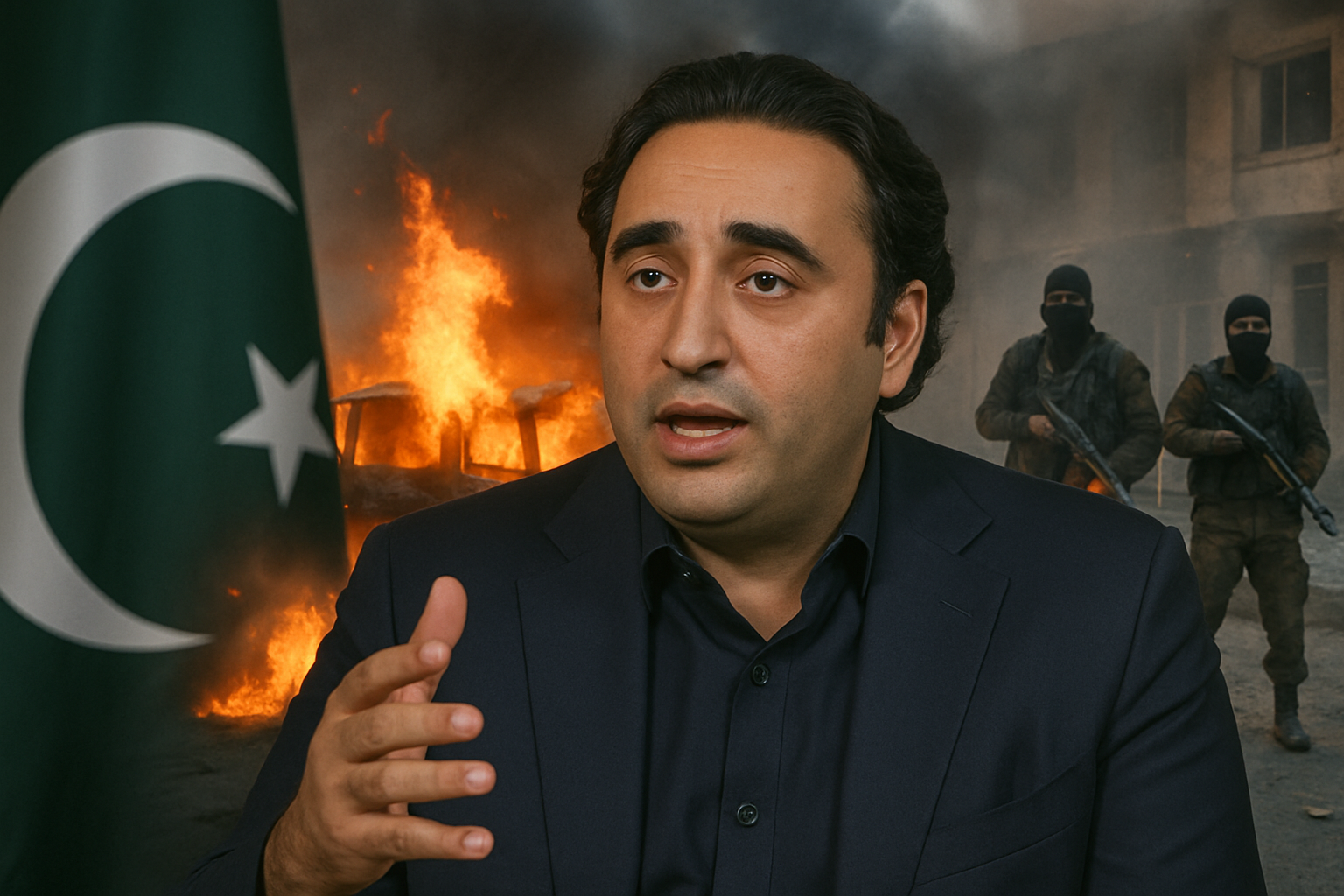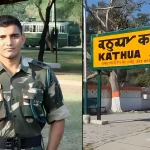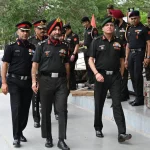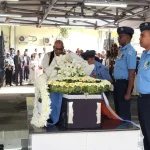In a candid interview, former Pakistani Foreign Minister Bilawal Bhutto-Zardari has acknowledged that Pakistan historically supported terrorist organizations—a rare public admission that has reignited scrutiny over the country’s counterterrorism record. His remarks, reflecting on decades of controversial security policy, arrive amid renewed regional tension following a deadly terror attack in Jammu and Kashmir.
Bhutto stated that Pakistan’s involvement with extremist groups was “an unfortunate part of our history,” while asserting that the nation has since shifted course. “We have suffered, Pakistan has suffered. We have gone through wave after wave of extremism. But as a result of what we suffered, we also learned our lessons,” he said, referencing the internal consequences of militancy, including the assassination of his mother, former Prime Minister Benazir Bhutto, in 2007.
His statement comes shortly after Defence Minister Khwaja Asif also acknowledged Pakistan’s decades-long engagement with terrorist outfits, particularly during the Soviet-Afghan conflict and the post-9/11 geopolitical realignment. Asif termed the policy a “mistake,” linked to Pakistan’s alignment with U.S. objectives during the Cold War and the War on Terror.
These admissions come just days after a deadly terrorist attack in Pahalgam, Jammu and Kashmir, on April 22, 2025, which claimed the lives of 26 civilians. Indian authorities have attributed the attack to Lashkar-e-Taiba, a group with well-documented ties to Pakistan’s military-intelligence establishment. The timing of Bhutto’s remarks has led to renewed calls from Indian officials and analysts for concrete action and international accountability.
Bhutto, speaking during a May 1 rally in Mirpur Khas, also addressed Pakistan’s current regional posture. While advocating for peaceful coexistence, he issued a warning that the country would not hesitate to defend itself: “Pakistan is a peaceful country, and Islam is a peaceful religion. We do not want war, but if someone attacks our Sindhu, then they should be ready for war.”
India has long maintained that Pakistan has facilitated cross-border terrorism, particularly in Jammu and Kashmir. A 2008 report by the Saban Center at the Brookings Institution identified Pakistan as one of the world’s most active state sponsors of terrorism—a view echoed by numerous global security agencies and intelligence reports.
In 2019, then-Prime Minister Imran Khan admitted the presence of 30,000 to 40,000 militants on Pakistani soil during a U.S. visit, highlighting how successive governments had failed to dismantle such networks. Although Pakistan was removed from the Financial Action Task Force (FATF) gray list in October 2022 following efforts to curb terror financing and money laundering, concerns persist about operational terrorist networks along its borders.
Bhutto’s acknowledgement adds to a growing body of official confessions, seen by some as an attempt to reframe Pakistan’s global image amid sustained international pressure. However, Indian observers caution that rhetoric must be matched by resolute action against terror infrastructure.
As regional security remains fragile, the international community continues to monitor Pakistan’s commitments, with expectations for long-term, verifiable steps to sever all ties with extremist organizations.













